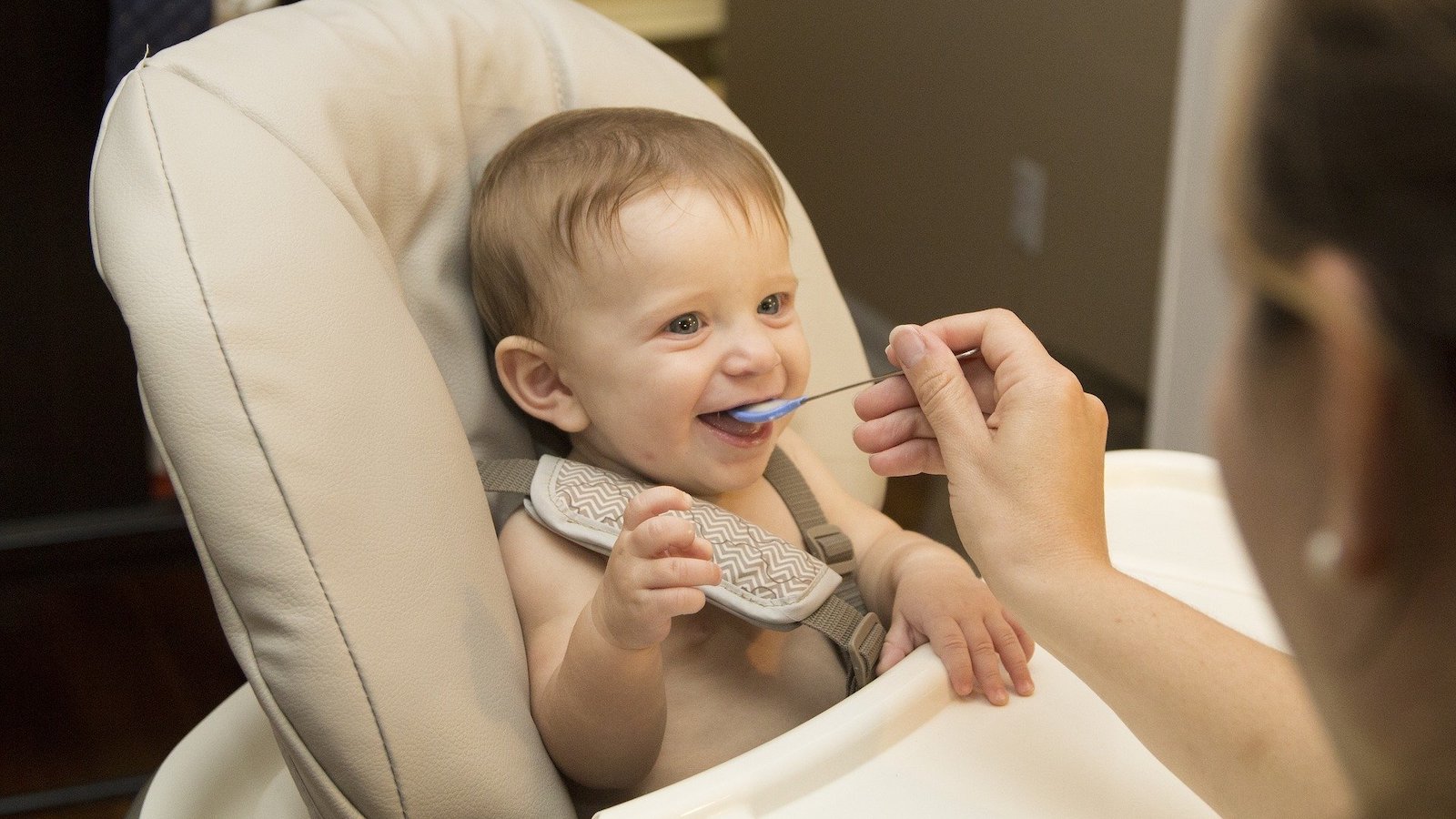
Take action for our health by sending a message to the FDA today.
Plasticizers pose serious threats to human health, and yet they’ve been found in a variety of foods — from fast food to baby food.
ADD YOUR NAME
A new report finds that 84 out of 85 supermarket foods and fast foods had plastic chemicals in them — including cereal, yogurt and even baby food.
Even in low quantities, the harmful chemicals, such as phthalates and bisphenols like BPA, can put our health and especially the health of children at risk.
It’s time for the U.S. Food and Drug Administration (FDA) to take action to reduce or eliminate the plastics we’re unknowingly swallowing with every bite.
Among the chemicals found by researchers in food were “plasticizers” such as phthalates and bisphenol — chemicals that are used to make plastics more durable.
Plasticizers can be found in food packaging and other materials that are used to wrap foods that eventually reach supermarket shelves. People are exposed to such chemicals as phthalates by eating and drinking foods that have contacted plastic products which contain phthalates.
Chronic exposure to plasticizers can disrupt the production and regulation of estrogen and other hormones, and can potentially increase the risk of birth defects, infertility and cancer.
Exposure to BPA can also affect brain development and behavior. BPA has also been linked to hormone disruption, reproductive problems in men and women and other harmful health impacts.
The bottom line is this: Plasticizers are harmful to human health and should not be in our food.
Plastic chemicals have been found in everything from Coca-Cola to cans of baked beans to baby food and more, but there are a few things you can do to minimize your exposure:
The FDA currently allows “low” levels of plasticizers in our food, but we know that these plastic chemicals are dangerous even in low quantities. No plasticizers should be allowed in food-contact material.
To more fully understand what’s hidden in the foods we eat, the FDA and other agencies should reassess the risk of plasticizers and commit to more robust testing for phthalates and BPA. And most importantly, the FDA should fully ban phthalates in food packaging and production.
The ubiquity of plastic chemicals in our food is a symptom of a much larger problem: We produce far more plastic than we need. Many of the most common single-use plastics polluting our environment contain toxic chemicals that harm human health. We need to stop using single-use plastics for everything from shopping bags to plastic-wrapped meats and produce.
By banning unnecessary single-use materials — such as plastic film used in plastic bags and polystyrene used in foam packaging — we could prevent a lot of these chemicals from seeping into the environment and getting into us.
Take action to help get plastic chemicals out of food
ADD YOUR NAME
Senior Vice President and Chief Operating Officer, Program, The Public Interest Network
Andre directs The Public Interest Network's national campaign staff and programs. His previous roles include national organizing director of the Student PIRGs and executive director of PIRG. He lives in Chicago with his wife and daughter, and is an avid cyclist and chess player.